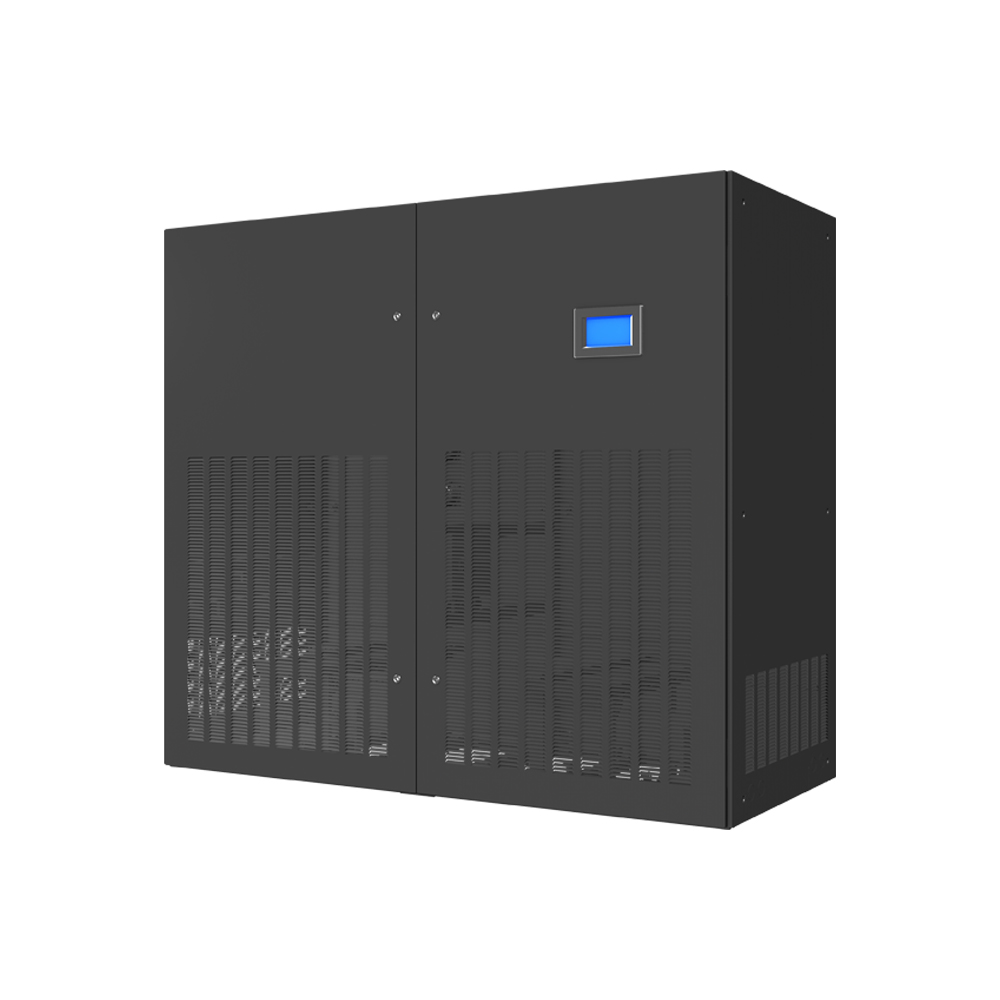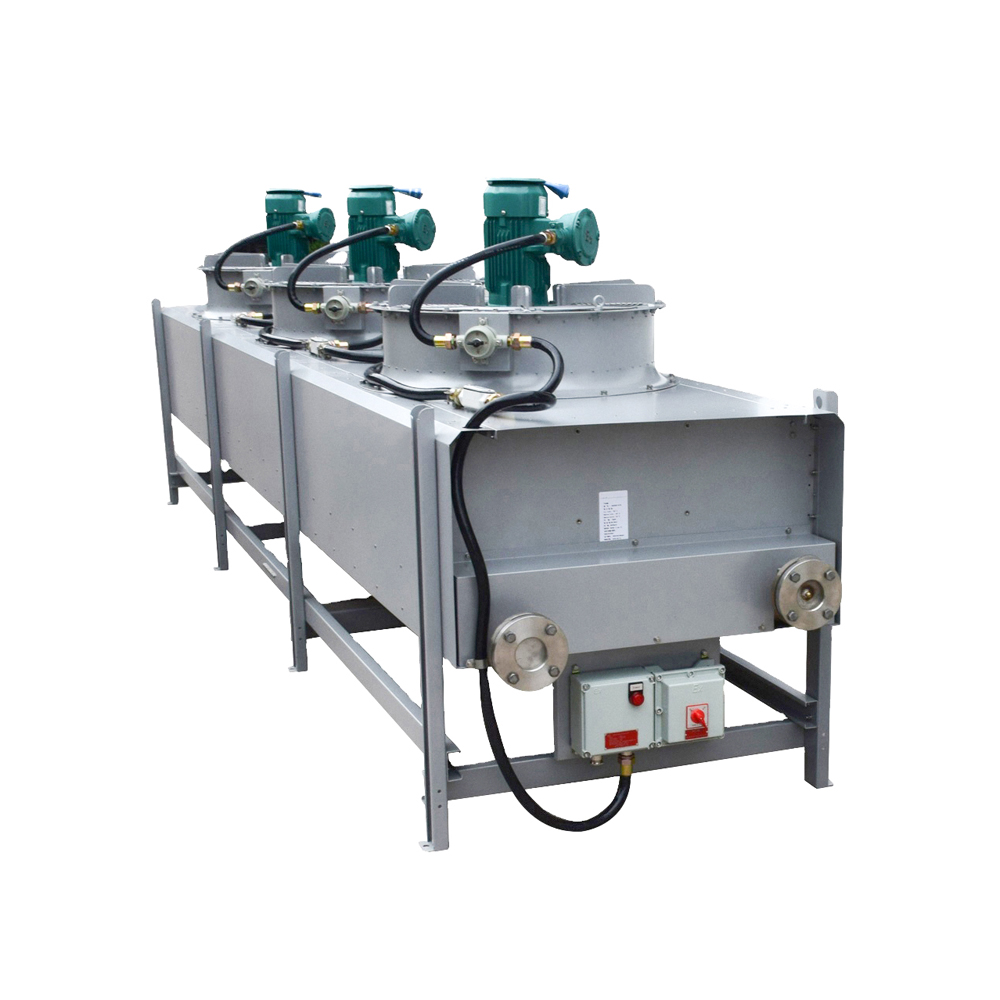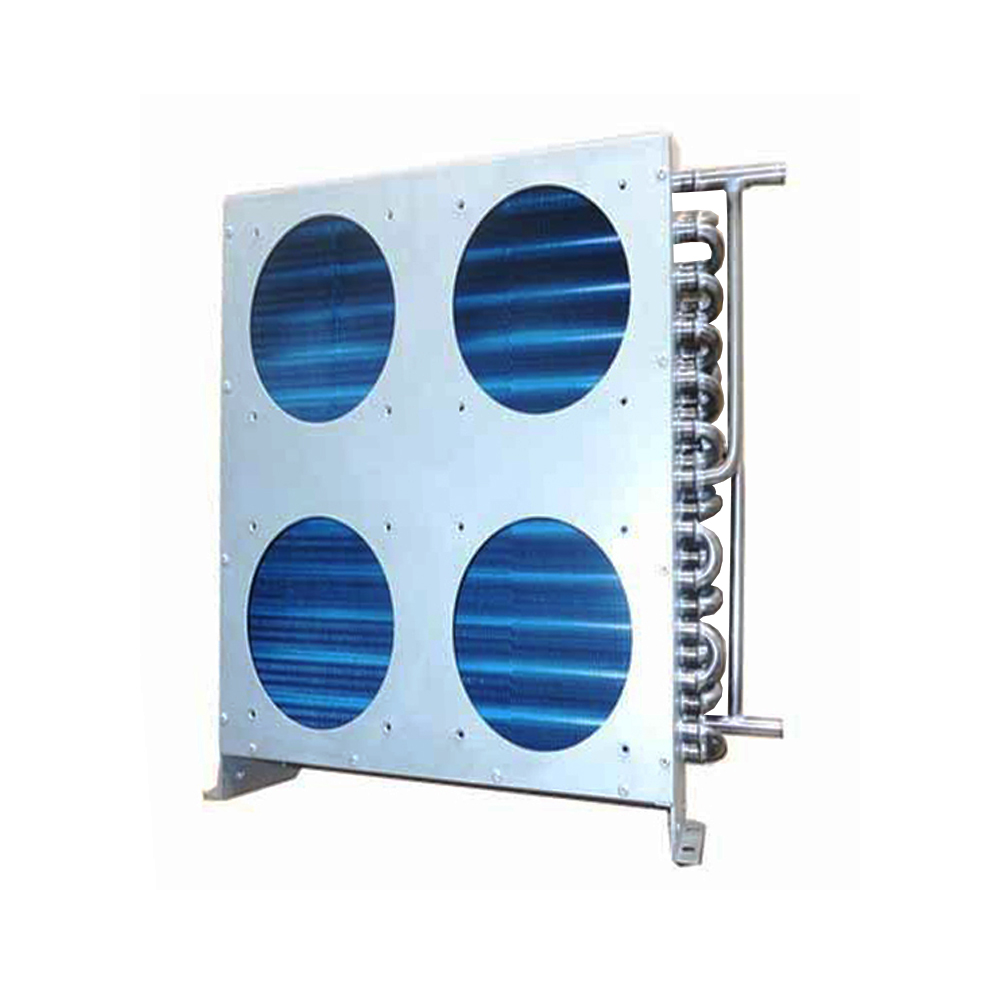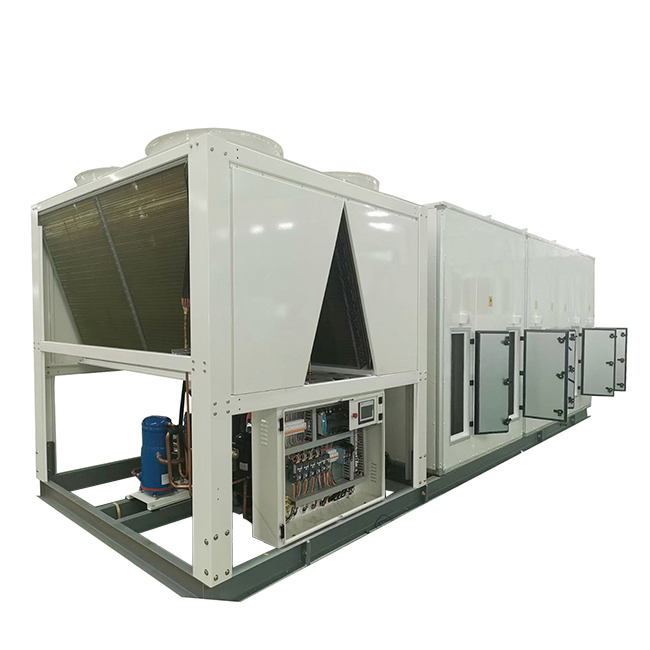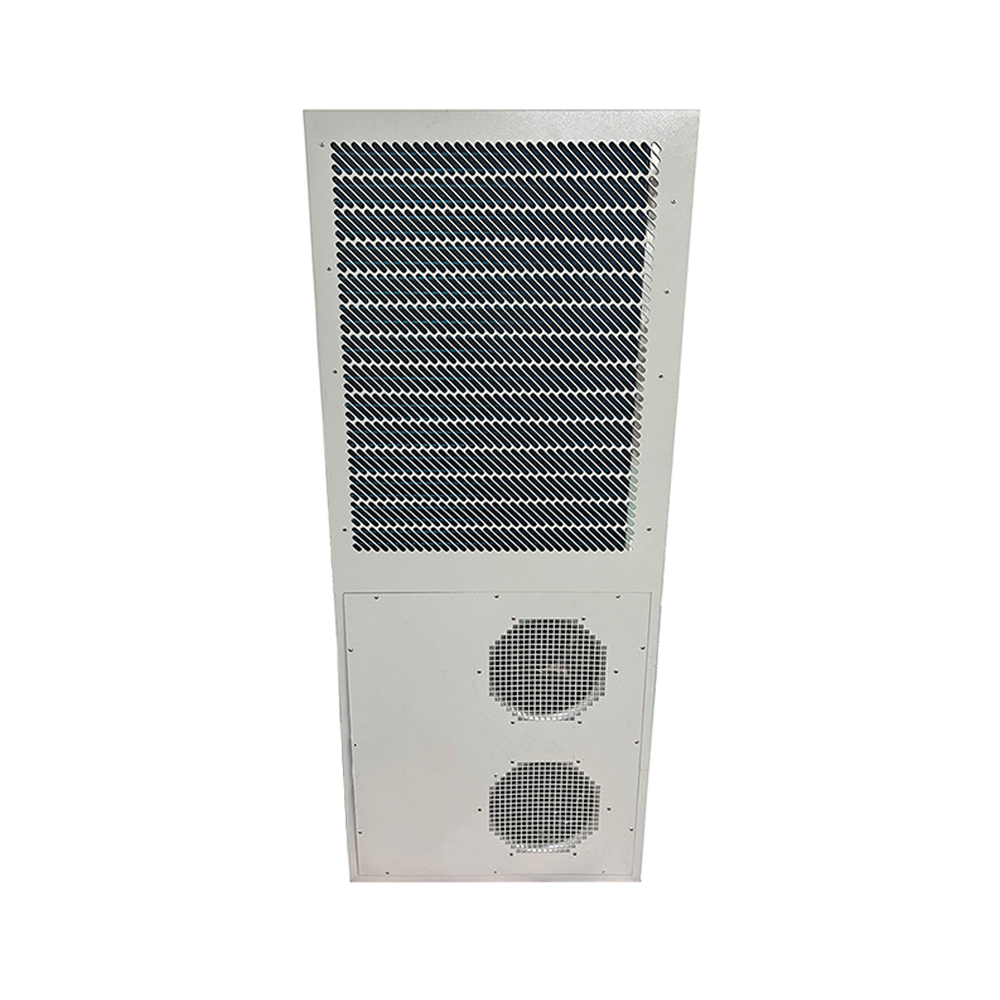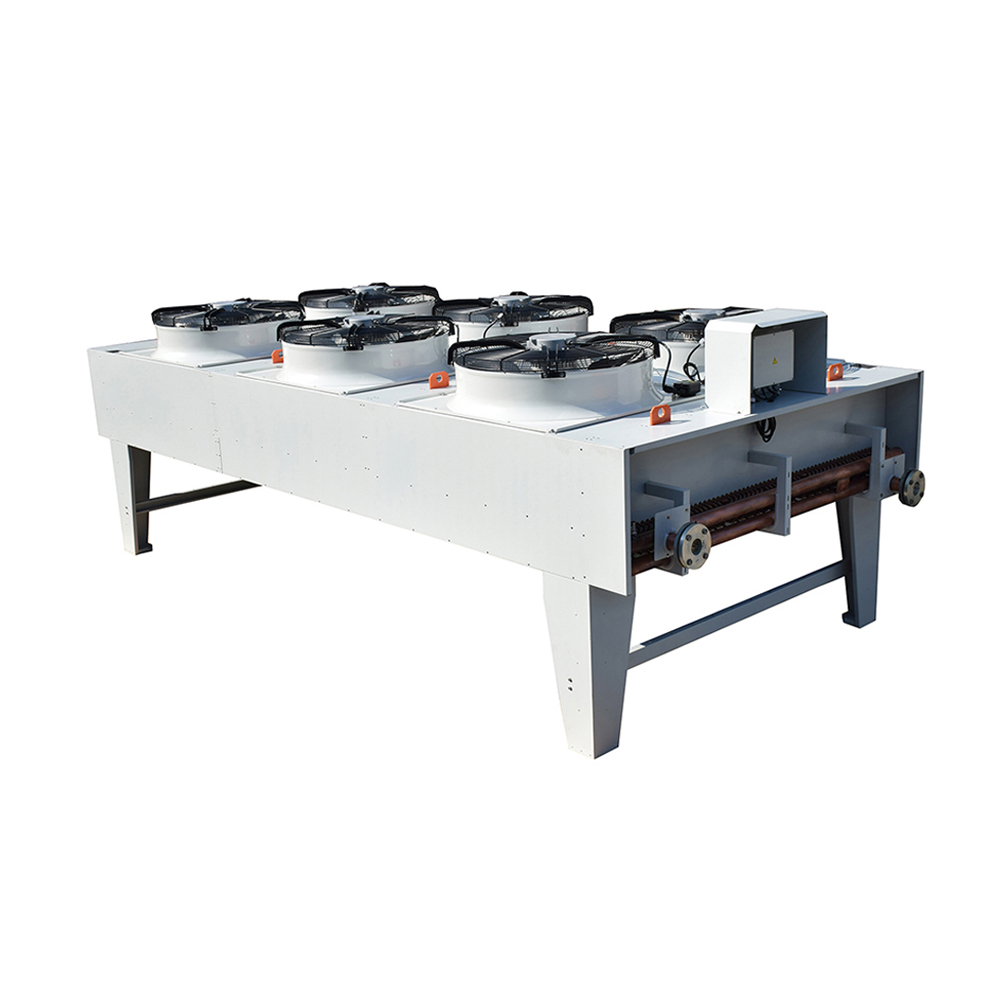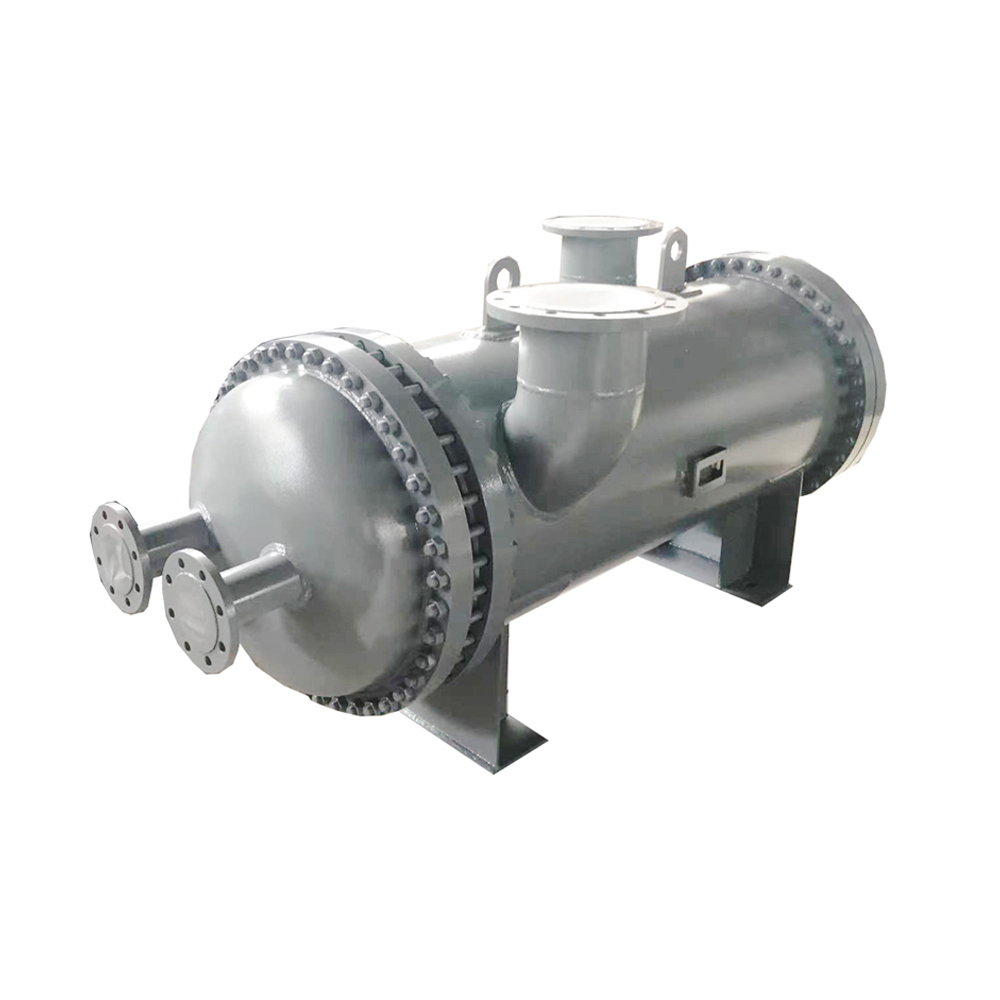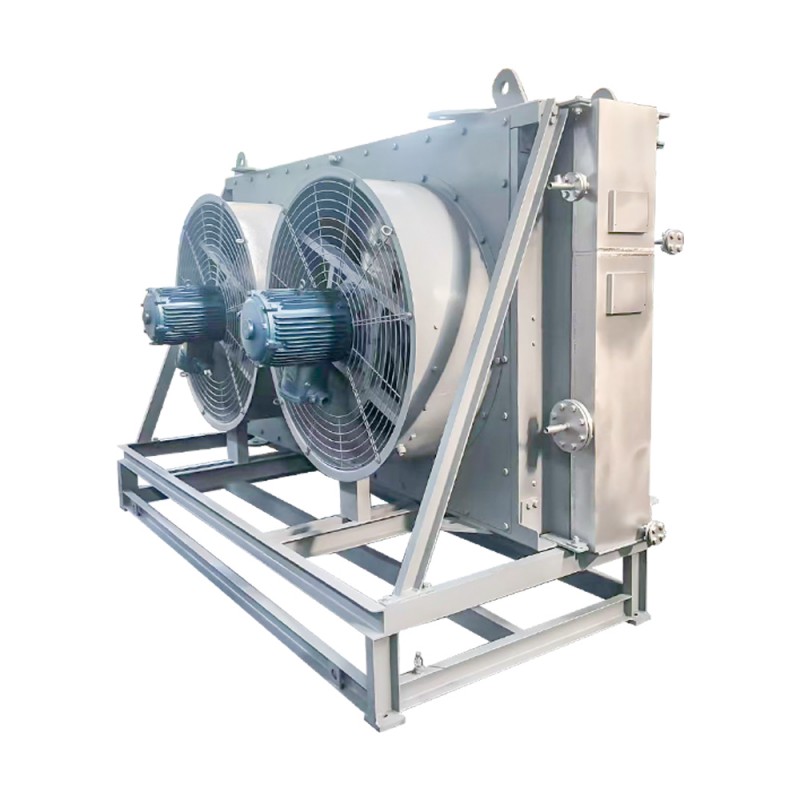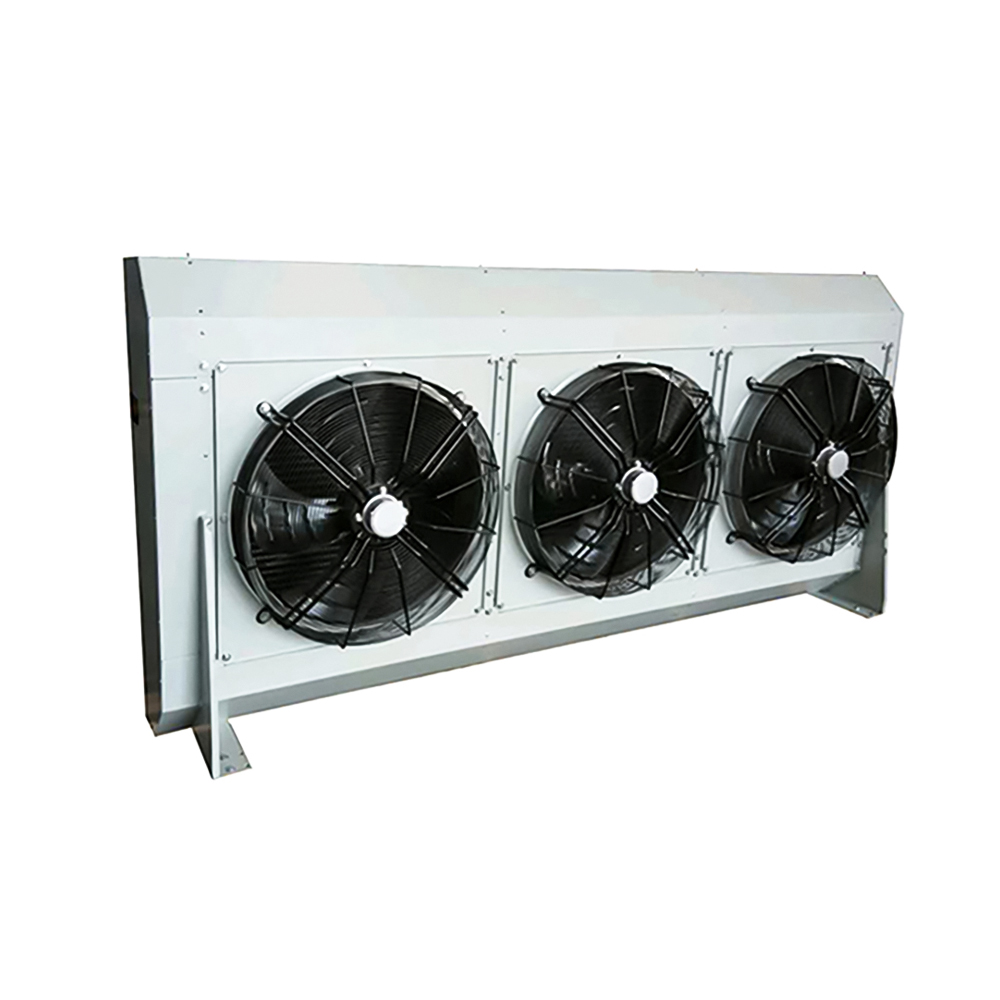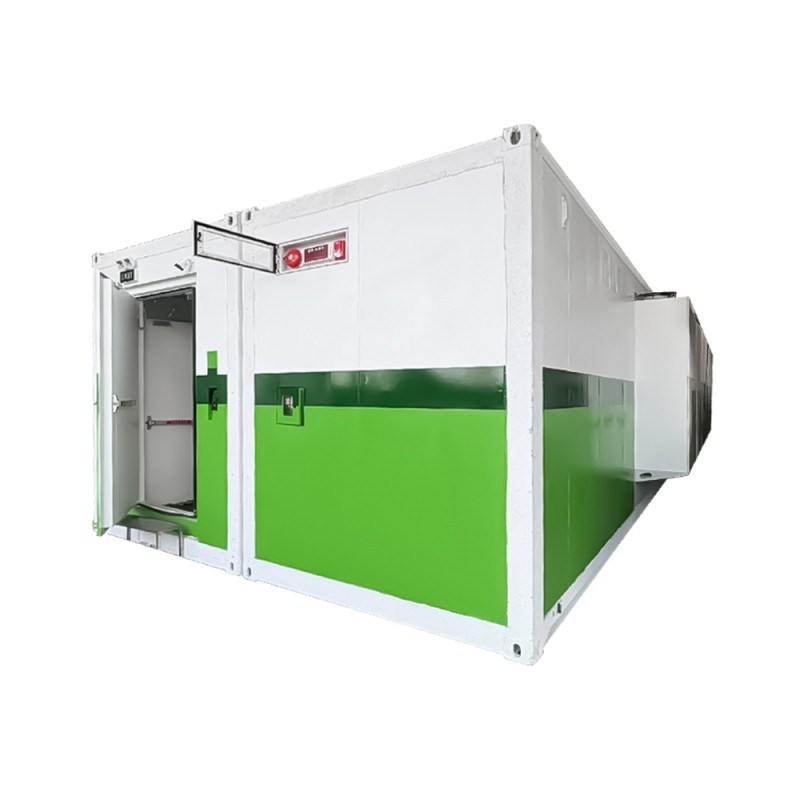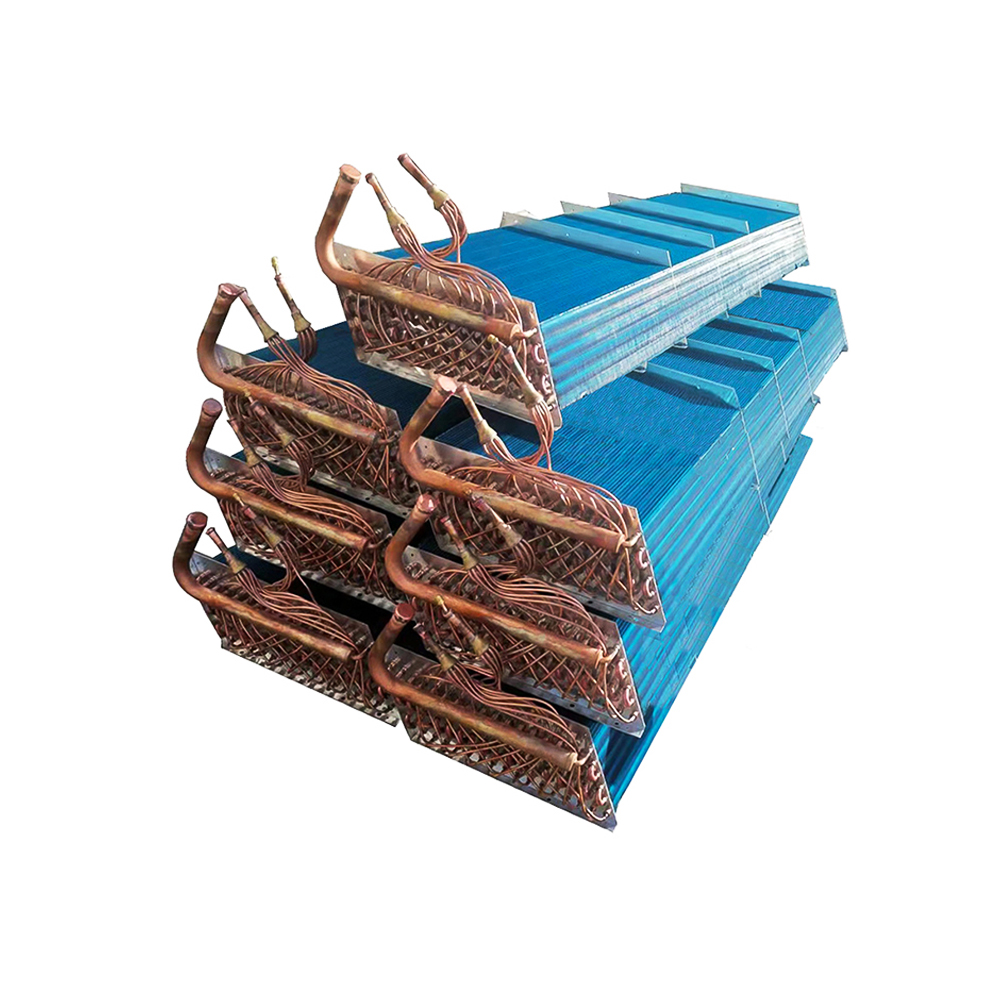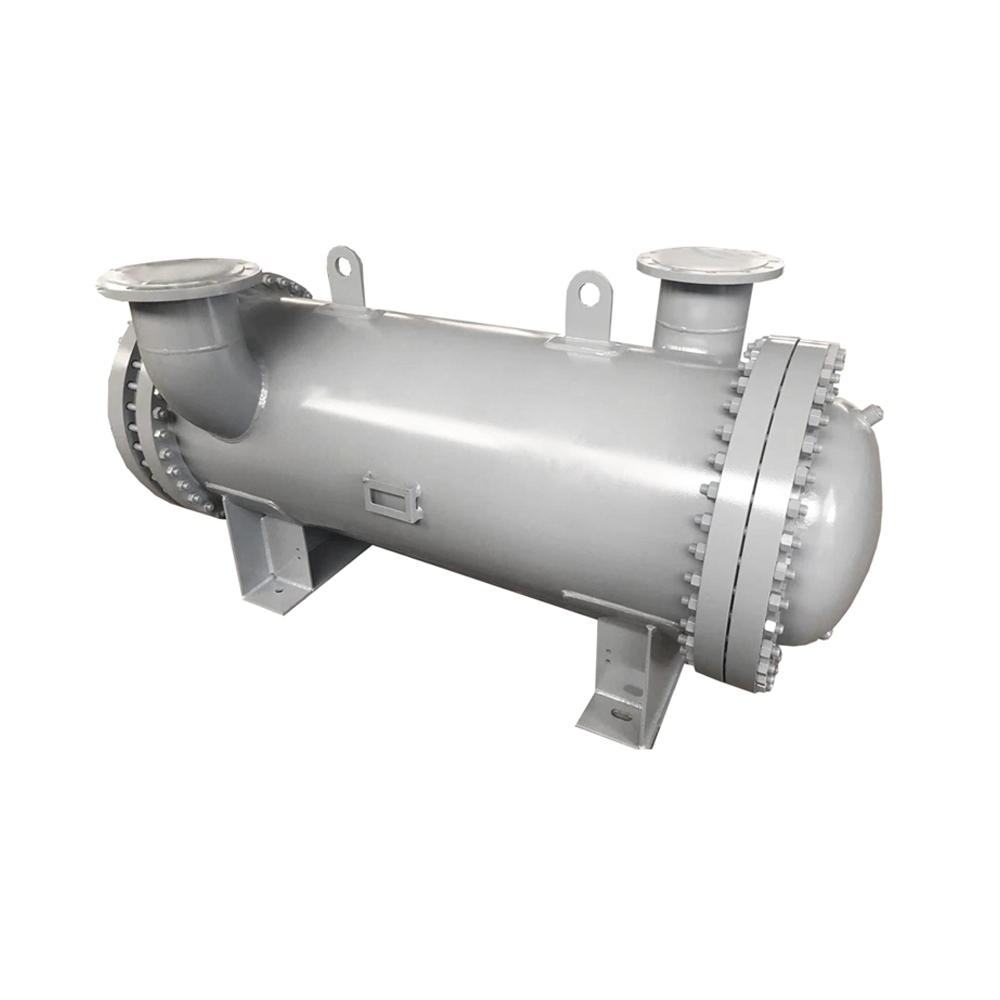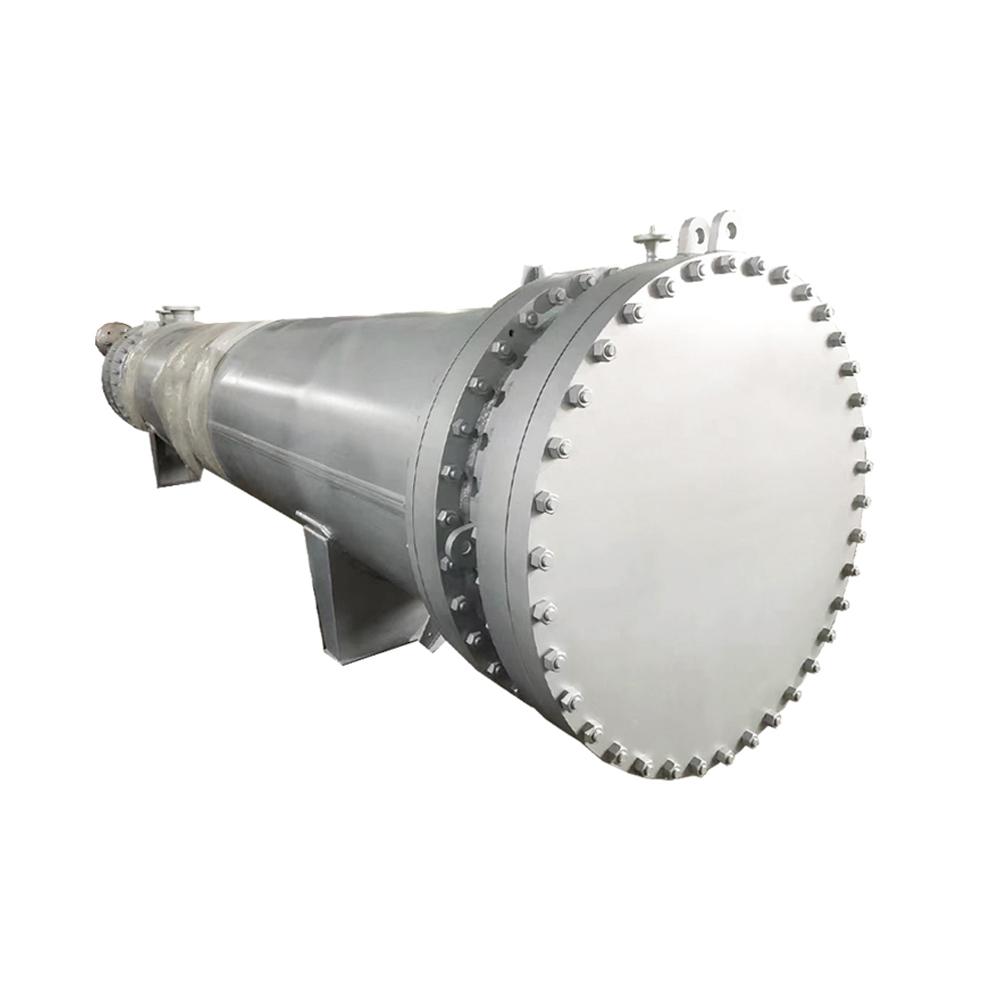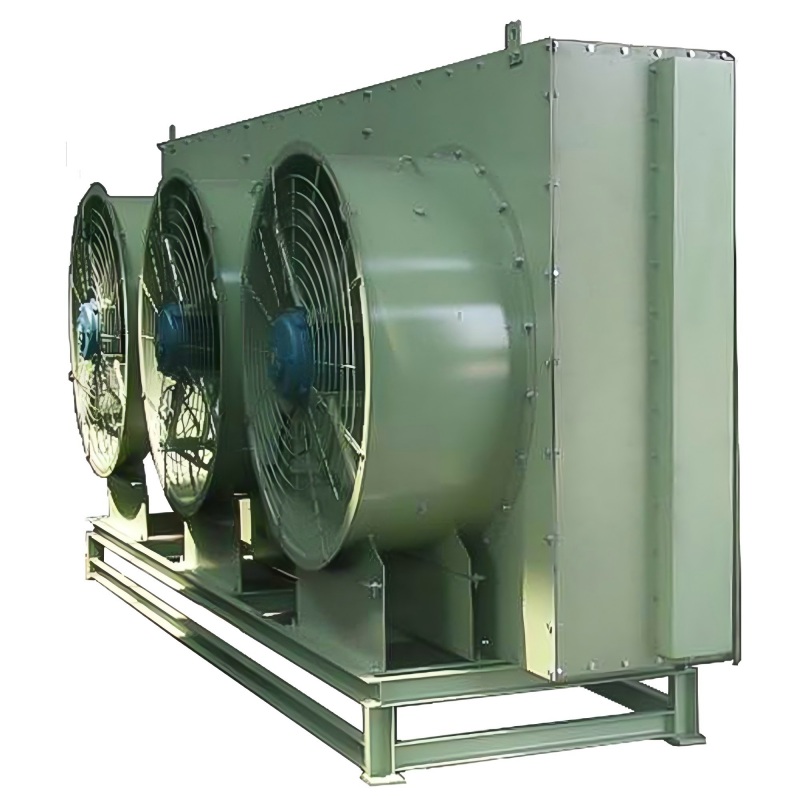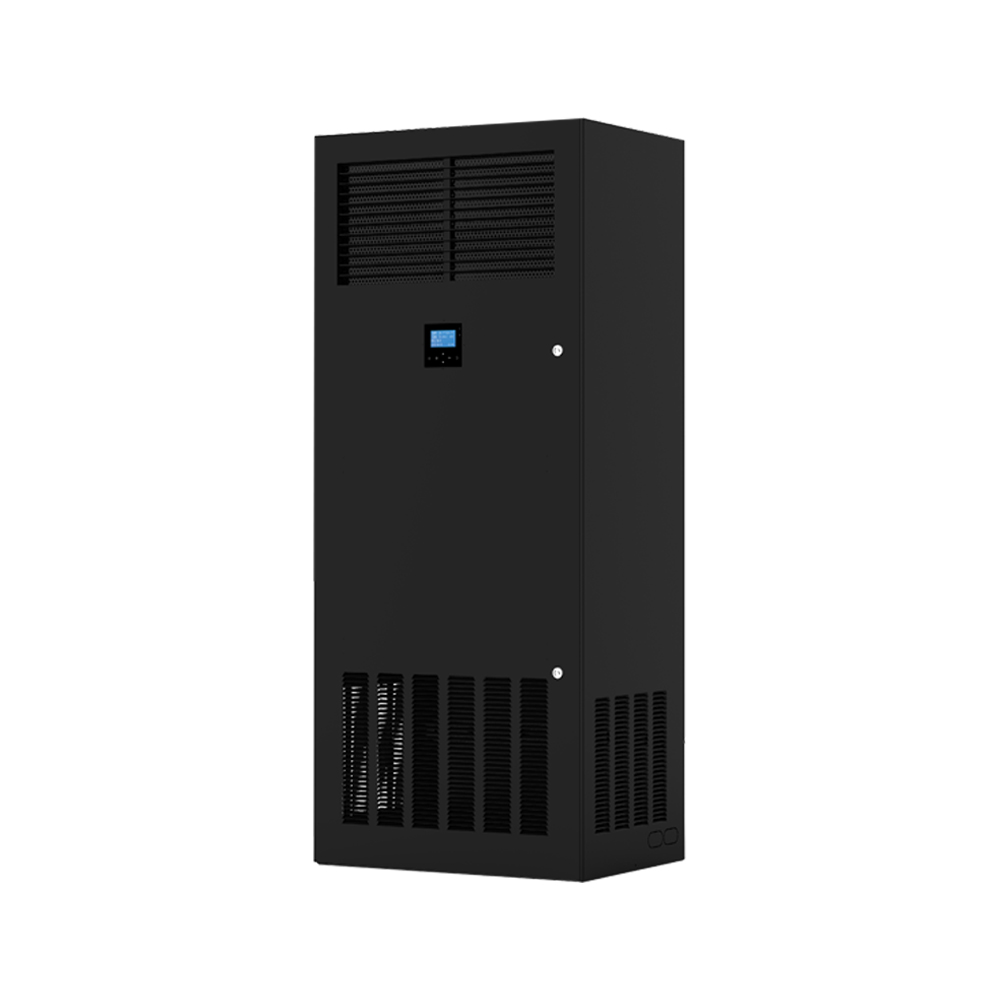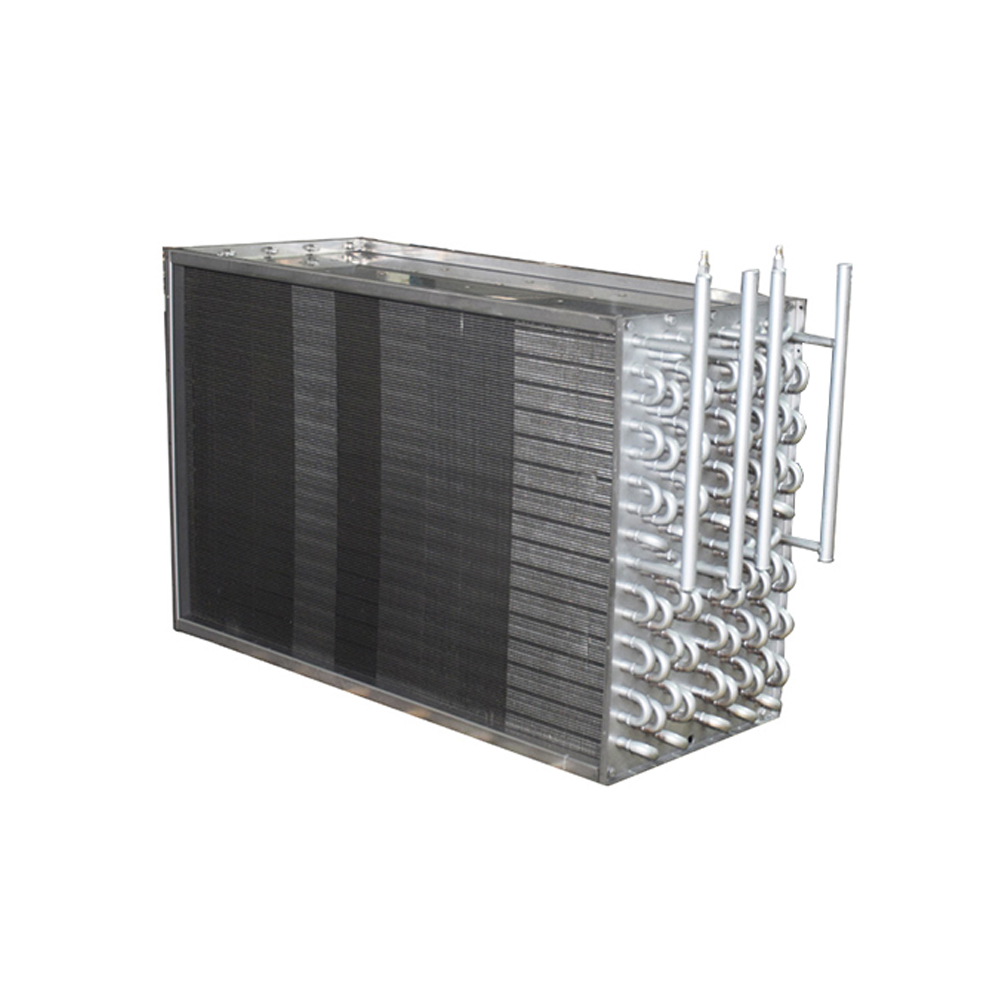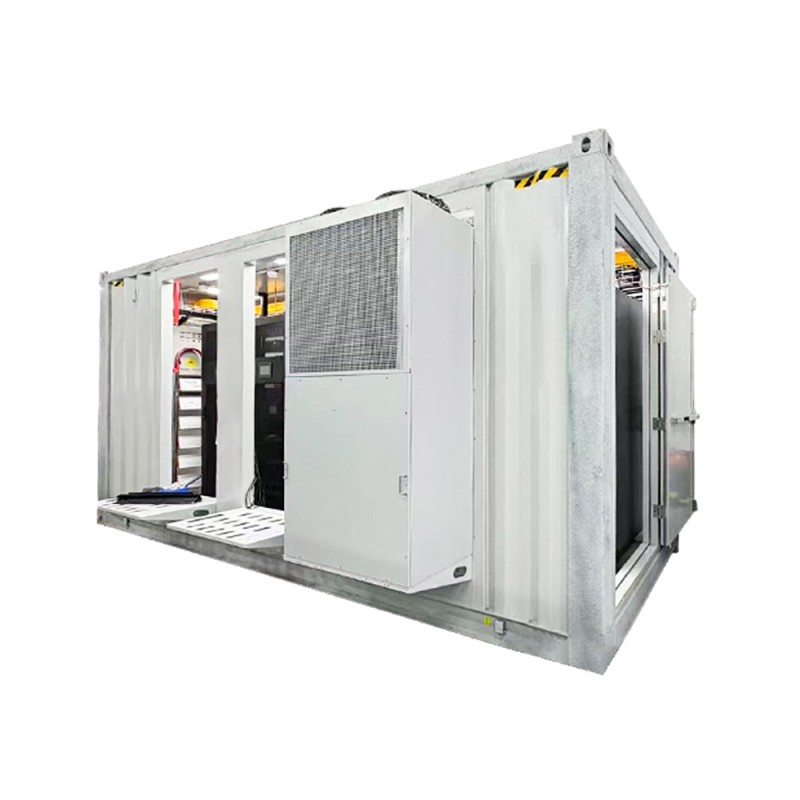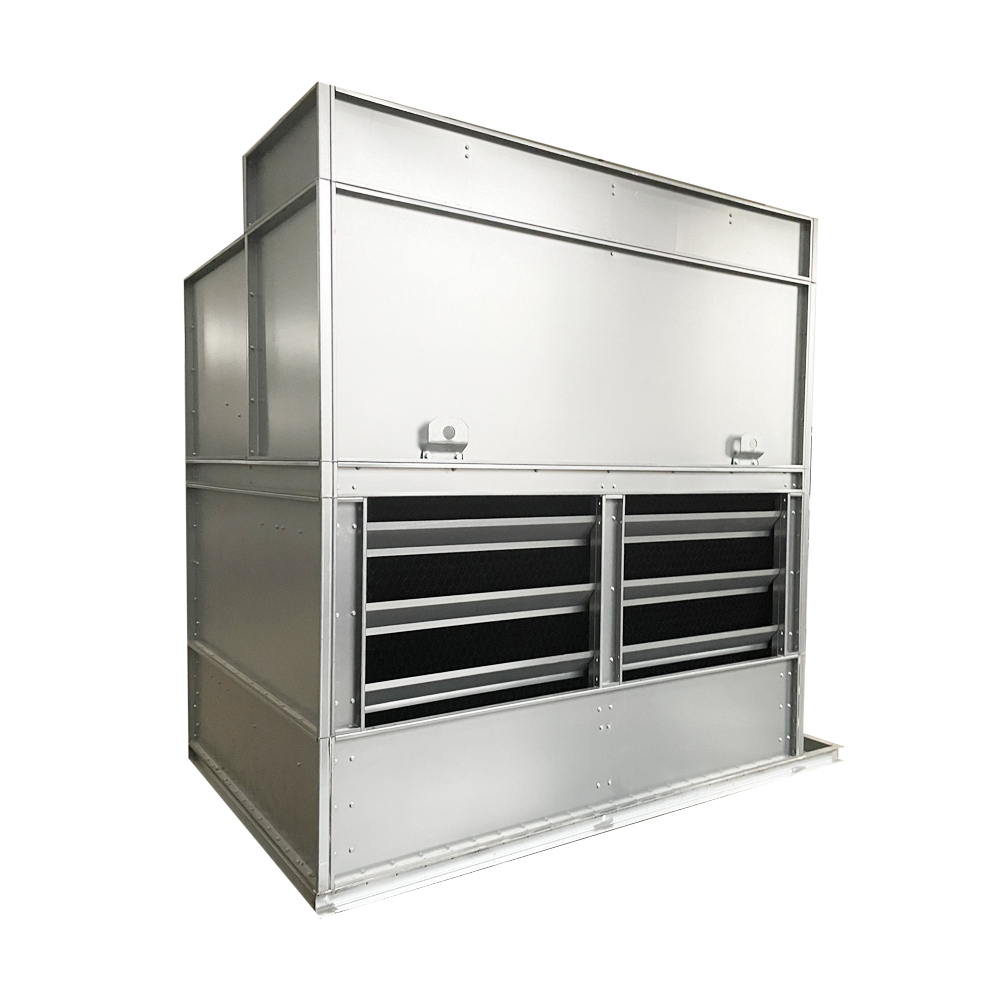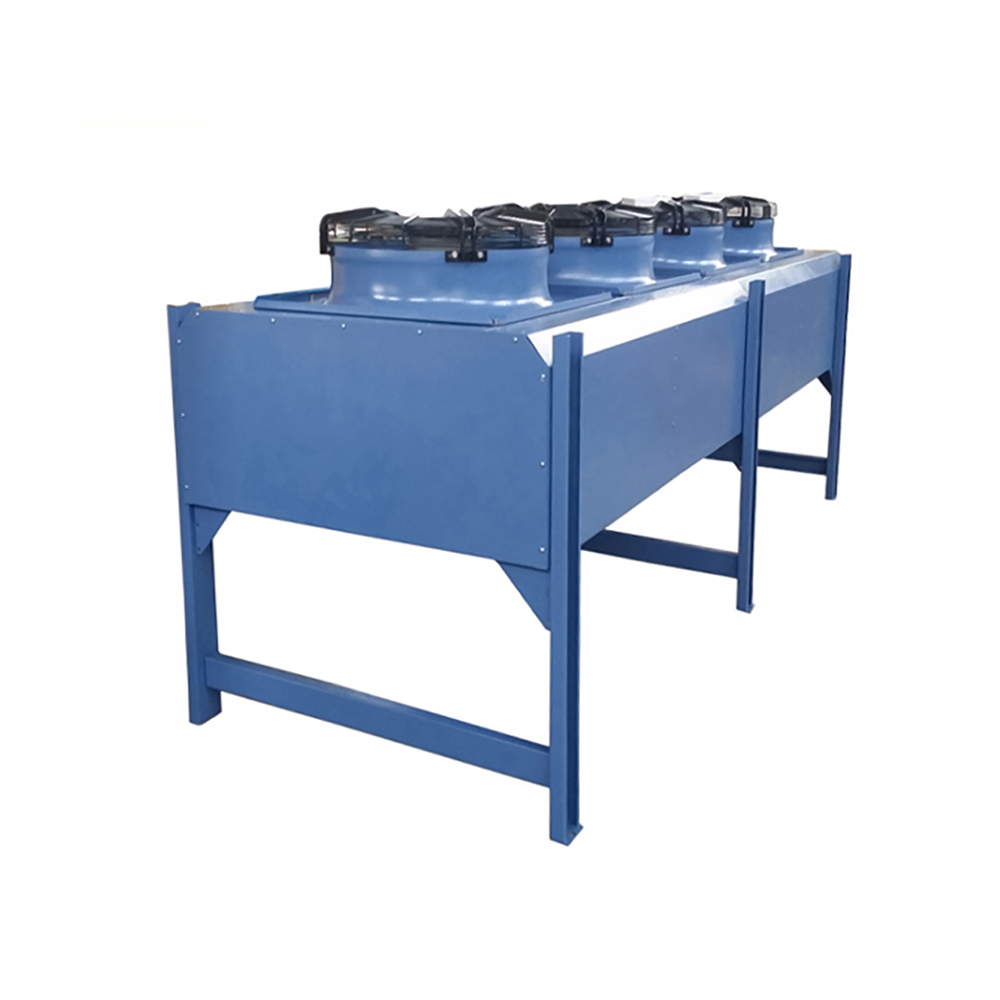This comprehensive guide explores the world of OEM air evaporators, delving into their functionalities, applications, and selection criteria. We'll cover key considerations for choosing the best evaporator for your specific needs, providing practical insights to aid in informed decision-making. Learn about different types, technical specifications, and the importance of selecting a reliable OEM supplier.
What is an OEM Air Evaporator?
An OEM air evaporator is a cooling device manufactured by one company (the Original Equipment Manufacturer or OEM) and incorporated into a larger system or product by another company. Unlike retail evaporators sold directly to consumers, these are designed for integration into other machinery or equipment. They're crucial components in various industrial and commercial applications where efficient cooling is paramount. Choosing the right OEM air evaporator is vital for optimal performance and longevity of the final product.
Types of OEM Air Evaporators
Direct Expansion (DX) Evaporators
DX evaporators are commonly used in OEM applications due to their simplicity and efficiency. The refrigerant directly cools the evaporator coils, resulting in effective heat transfer. These are often preferred for their compact design and relatively low cost.
Flooded Evaporators
Flooded evaporators maintain a consistent refrigerant level within the evaporator, ensuring uniform cooling. This type offers superior performance in applications demanding high heat transfer rates, although they are typically more complex and expensive than DX evaporators.
Key Factors to Consider When Choosing an OEM Air Evaporator
Cooling Capacity
The cooling capacity (typically measured in BTUs or kW) is crucial. It must match the heat load of the application. Underestimating the capacity can lead to inefficient cooling, while overestimating can result in unnecessary energy consumption and cost. Always consult the specifications provided by your chosen OEM supplier.
Refrigerant Type
The choice of refrigerant depends on several factors, including environmental regulations and the application's specific requirements. Common refrigerants include R-134a, R-410A, and eco-friendly alternatives. Your OEM supplier can advise on suitable options.
Size and Dimensions
The physical dimensions of the OEM air evaporator are critical for proper integration into the final product. Careful consideration must be given to available space and any constraints imposed by the overall system design.
Material and Construction
The construction material impacts durability and corrosion resistance. Common materials include copper, aluminum, and stainless steel. The choice depends on the operating environment and the required lifespan.
Selecting a Reliable OEM Supplier
Choosing the right OEM supplier is as important as selecting the right evaporator. Look for a supplier with a proven track record, a comprehensive range of products, and strong customer support. A reputable OEM will provide detailed specifications, technical assistance, and prompt after-sales service. Consider contacting Shanghai SHENGLIN M&E Technology Co.,Ltd for your OEM air evaporator needs. They offer a wide range of high-quality evaporators tailored to various applications.
Comparison of Common OEM Air Evaporator Types
| Feature | DX Evaporator | Flooded Evaporator |
| Cooling Efficiency | Good | Excellent |
| Complexity | Simple | Complex |
| Cost | Lower | Higher |
| Maintenance | Easy | More demanding |
Remember to always consult with experienced engineers and refer to the specific data sheets provided by your chosen OEM before making any final decisions. The right OEM air evaporator is crucial for ensuring the successful operation and longevity of your equipment. This selection process requires careful consideration of all aspects outlined above.









